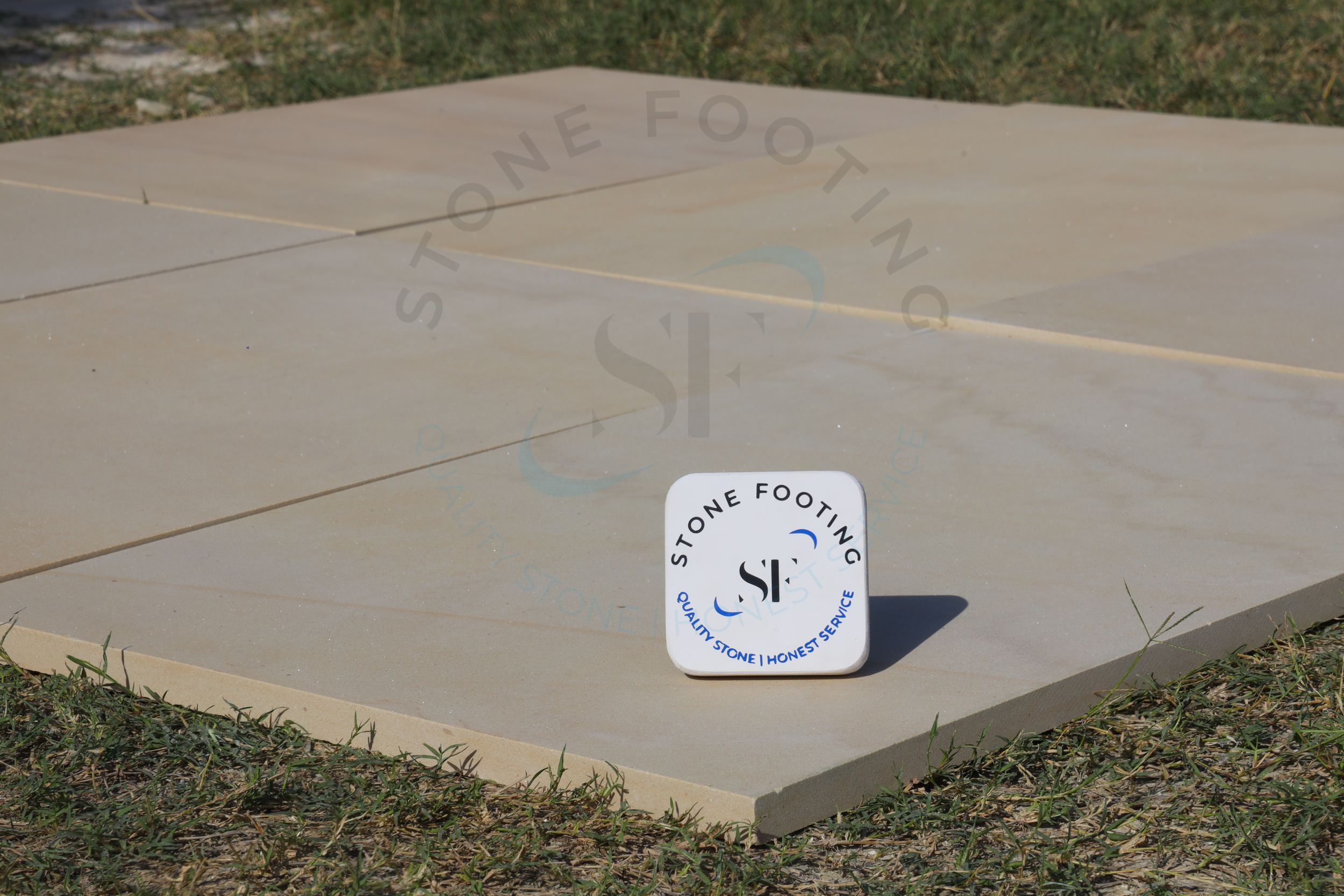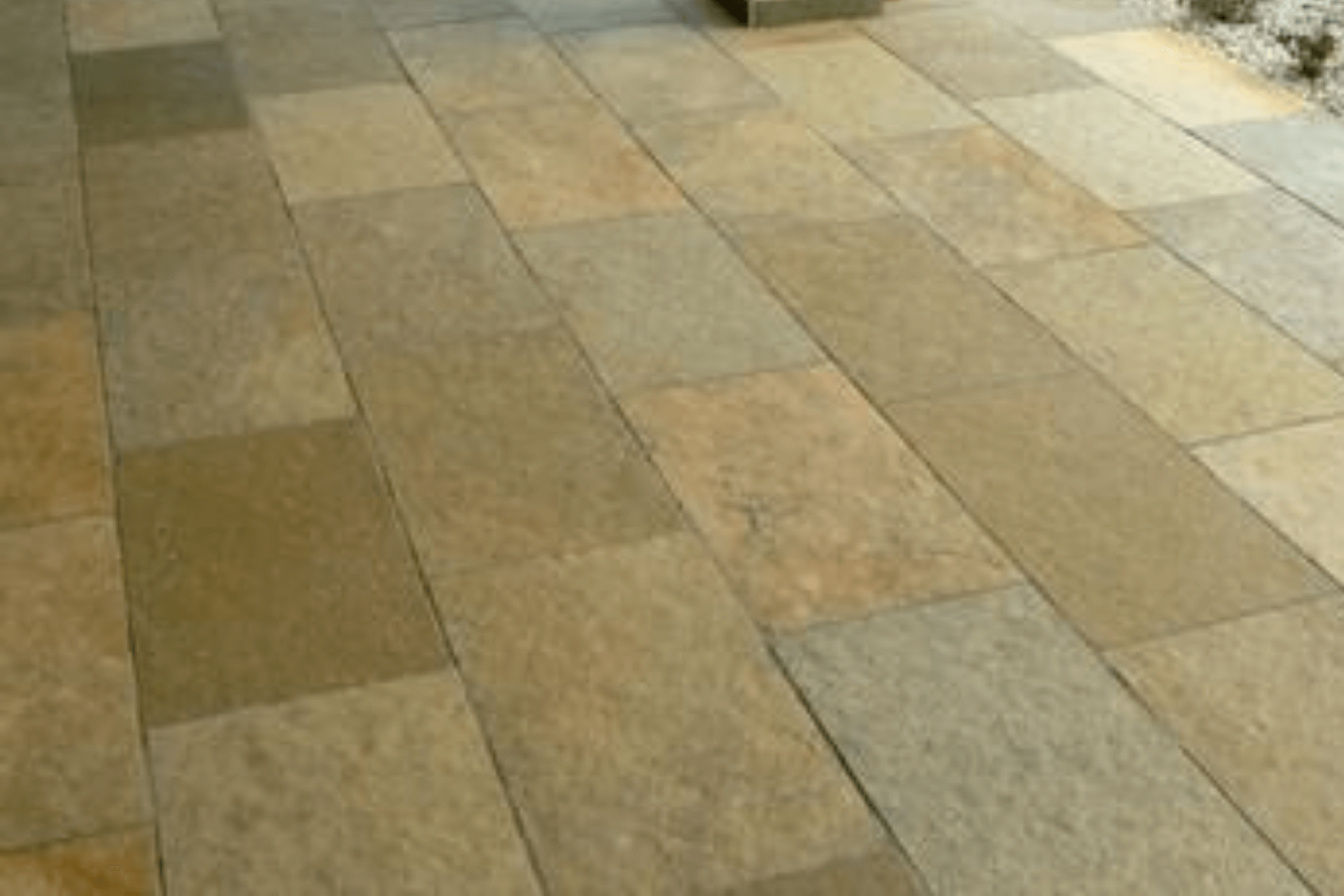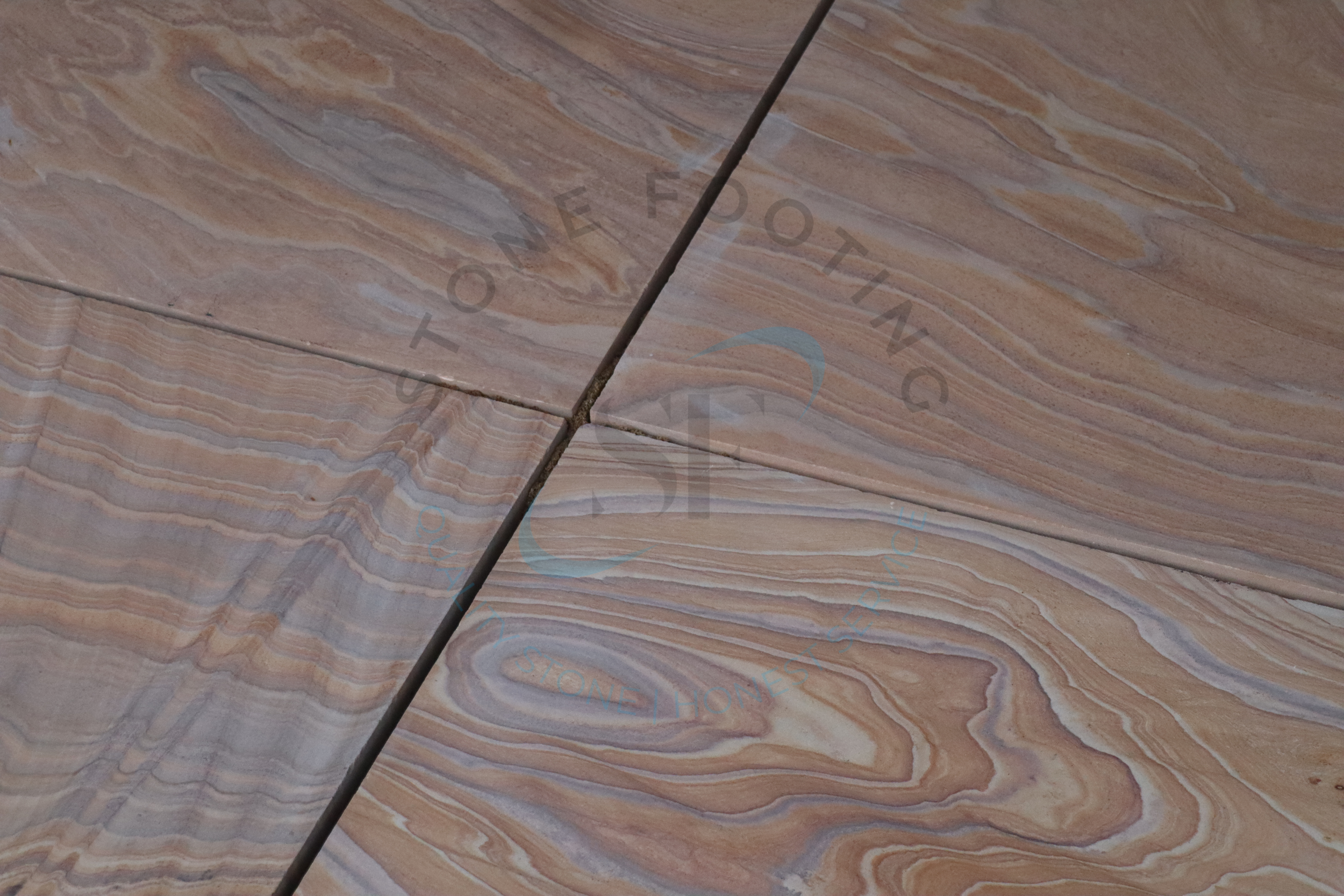5 Reasons Why Granite Is Considered Superior To Quartz

You’d think it’d be simple to tell the difference between absolute granite and manufactured quartz countertops – but it’s not. It’s complicated for individuals who are inexperienced with the various countertop materials. Because of their little expertise, people may believe they know what Granite or Quartz should look like. Nonetheless, there are considerably more variations of both than most people know, and many forms of quartz slabs do not appear to be manufactured materials at all. Hence, let us begin with understanding the difference between both of them.
Difference Between Quartz And Granite
As we get started, it’s essential to understand the fundamentals of each of these materials and designs.
Granite is a natural stone that is quarried, machined, and polished into blocks and pieces. The colors and patterns of Granite can differ. Since nature does not replicate itself, no two granite countertops are the same.
Quartz, on the other side, is not entirely natural. It is made up of 95% ground natural stone and 5% polymer resins. Fundamentally, it’s 95% natural stone vs. 100% natural stone. Thus it’s an artificial stone rather than a genuine stone.
Therefore, how can an artificial stone be better than a natural one? Let’s look at the top 10 advantages of Granite over Quartz.
Advantages Of Granite Over Quartz
Visuality
Quartz is an artificial stone made from various qualities and thicknesses of quartz crystals combined with resins and color. While natural stone is still used, it is not as accurate as Granite. Manufacturers make quartz countertops the same manner as they make granite countertops by carving forms from the slab and then polishing the corners. Since it was created, Quartz’s look and patterns have been considerably more consistent, simple, and patterned.
On the other hand, Granite is an entirely natural stone extracted from the earth in big chunks. The rocks are subsequently chopped into slabs and polished. Because Granite is a sedimentary rock, each slab will have streaks and small color fluctuations that distinguish the stone and give it a more outward appearance. Granite slabs are also noted for having a lot of motion and changes in their original hue, which gives them a dramatic colorized version and individuality.
Colour
Although the most common granite colors are black, brown, beige, and white, nature has produced an extraordinary spectrum. It’s also accessible in unusual colors, including green, yellow-gold, blue, and pink. These natural tones, paired with distinct striping, which ranges from delicate to dramatic, add dimension and texture that is impossible to reproduce.
Although Quartz may be made in any hue wanted, including vivid, vibrant colors, most quartz countertops you’ll find are in neutral tones.
Durability And Maintenance
Kitchens are bustling locations with food, beverages, and other items. As a result, the upkeep required for your countertop must be more vigilant.
At one point, Granite is a lovely natural stone, but it requires more attention and management. If correctly fitted and protected; otherwise, it will quickly absorb liquids and get discolored. It is recommended to install and seal it regularly.
When it comes to Quartz, there is no need for time-consuming installation or encapsulation. You are required to mend it occasionally and can keep it durable for a more extended period.
Cost
Quartz is the most expensive stone when compared to granite. Nevertheless, it offers many of the advantages of Granite without any disadvantages, making it better in quality and justifying the higher material cost. While more costly, we feel that Quartz provides the best overall value in money.
Conversely, the cost of Granite varies according to its grade, thickness, and color choosing. The total price may also include countertop installation and surface sealing for protection.
Granite is often less expensive than Quartz, making it a popular choice among households. Furthermore, because Granite must be re-sealed regularly, additional expenditures may be paid during the product’s lifespan, raising the overall countertop cost.
Finishings
Granite is among the most customizable materials and designs, which is why it’s so universal and long-lasting. It provides more surface finishing possibilities than Quartz or other premium surfaces, including honed, brushed, leathered, polished, and flamed. While glossy is the most typical option, the other alternatives may better fit your environment, character, and the granite patterning itself.
Manufacturers are producing quartz countertops with unique treatments. However, they usually are only available in a glossy polished finish. There are a couple of matte options available.
Conclusion
The choice between Granite and Quartz is not always straightforward. It will come down to a few elements and a personal taste for appearance and upkeep.
Granite may appeal to people who prefer the aesthetic appeal of a natural material. Quartz has a more constant appearance and is somewhat simpler to keep clean.
In the end, either one of these hefty candidates will be a successful addition to your house.
Therefore, if you’re hunting for high-quality natural stone for residential or commercial applications, look no further. Connect with Stone Footing, a natural stone distributor recognised for providing high-quality natural stones.
Frequently Asked Questions
Is granite more valuable than quartz?
Depending on the hue and design availability, Granite can be more expensive than Quartz at times. Because of the treatments it undergoes during manufacture, Quartz can often be more costly.
Do quartz countertops have a cheap appearance?
Most people like the look of Quartz, while some think it’s artificial and cheap. Bottom line—the design possibilities with Quartz are nearly unlimited, but it’s tough to match the genuinely distinctive and exotic patterns seen in natural stone.
Quartz or Granite: Which is more resistant to stains?
Quartz countertops are far more stain-resistant than granite due to the resins used in their construction. According to some accounts, Quartz is also less prone to bacterial growth, owing to the resins that make the surface less permeable.




